Acid reflux, a condition characterized by the backward flow of stomach acid into the esophagus, affects millions of individuals worldwide. Consumers who suffer from acid reflux are constantly seeking natural remedies to alleviate their discomfort. One such potential solution is grape juice, which has gained attention for its potential therapeutic effects on acid reflux. This article aims to provide a comprehensive analysis of the impact of grape juice on acid reflux, exploring the benefits, drawbacks, and scientific evidence supporting its use.
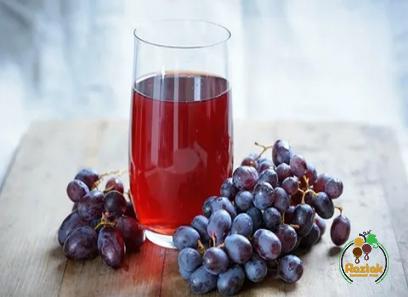
.
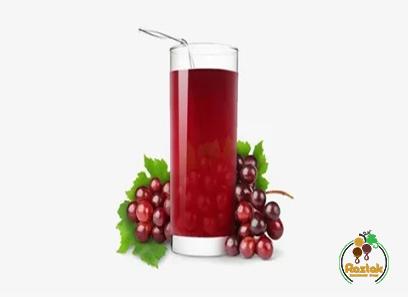 Benefits of Grape Juice on Acid Reflux: 1. Natural Antioxidant Properties: Grape juice is rich in antioxidants known as polyphenols, which are associated with various health benefits. Some polyphenols, like resveratrol, have demonstrated anti-inflammatory properties that may help reduce symptoms associated with acid reflux. 2. Alkalizing Effect: Although grape juice is naturally acidic, it is believed that once consumed, it has an alkalizing effect on the body. This could potentially help neutralize stomach acid, offering relief to individuals experiencing acid reflux symptoms. 3. Soothing and Protective Effects: Grape juice contains compounds that may help soothe and protect the delicate mucous lining of the esophagus.
Benefits of Grape Juice on Acid Reflux: 1. Natural Antioxidant Properties: Grape juice is rich in antioxidants known as polyphenols, which are associated with various health benefits. Some polyphenols, like resveratrol, have demonstrated anti-inflammatory properties that may help reduce symptoms associated with acid reflux. 2. Alkalizing Effect: Although grape juice is naturally acidic, it is believed that once consumed, it has an alkalizing effect on the body. This could potentially help neutralize stomach acid, offering relief to individuals experiencing acid reflux symptoms. 3. Soothing and Protective Effects: Grape juice contains compounds that may help soothe and protect the delicate mucous lining of the esophagus.
..
 These compounds, including vitamin C, help maintain its integrity, potentially reducing inflammation and preventing further damage caused by acid reflux. Scientific Evidence: While anecdotal evidence and personal experiences support the potential benefits of grape juice on acid reflux, scientific research in this specific area is limited. Despite this limitation, some studies suggest that grape juice may indeed have a positive impact on acid reflux symptoms: 1. A study published in the World Journal of Gastroenterology found that grape juice helped alleviate symptoms of gastroesophageal reflux disease (GERD) in participants when compared to a control group. However, more research is needed to substantiate these findings. 2. Another study published in the Journal of Medicinal Food demonstrated that grape juice consumption improved antioxidant status and reduced markers of oxidative stress in individuals with GERD. This suggests a potential anti-inflammatory effect that may alleviate acid reflux symptoms.
These compounds, including vitamin C, help maintain its integrity, potentially reducing inflammation and preventing further damage caused by acid reflux. Scientific Evidence: While anecdotal evidence and personal experiences support the potential benefits of grape juice on acid reflux, scientific research in this specific area is limited. Despite this limitation, some studies suggest that grape juice may indeed have a positive impact on acid reflux symptoms: 1. A study published in the World Journal of Gastroenterology found that grape juice helped alleviate symptoms of gastroesophageal reflux disease (GERD) in participants when compared to a control group. However, more research is needed to substantiate these findings. 2. Another study published in the Journal of Medicinal Food demonstrated that grape juice consumption improved antioxidant status and reduced markers of oxidative stress in individuals with GERD. This suggests a potential anti-inflammatory effect that may alleviate acid reflux symptoms.
…
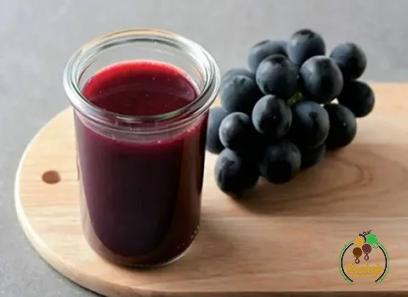 Considerations: While grape juice may offer potential benefits for acid reflux sufferers, it is important to consider a few factors: 1. Individual Variation: Everyone’s response to grape juice may vary based on their unique physiology. What works for one person may not work for another. It is crucial to listen to your body’s response and consult with a healthcare professional if necessary. 2. Sugar Content: Grape juice naturally contains high amounts of sugar, especially if commercially available. Excessive sugar intake may exacerbate acid reflux symptoms in some individuals. Opting for unsweetened or low-sugar varieties may be a better option. 3. Moderation is Key: As with any food or beverage, moderation is essential. Excessive consumption of grape juice, even without added sugar, may still trigger acid reflux symptoms due to its natural acidity. Conclusion: While scientific evidence supporting the efficacy of grape juice for acid reflux is limited, anecdotal evidence and preliminary studies suggest potential benefits. Gaining a better understanding of grape juice’s impact on acid reflux can help individuals make informed decisions about incorporating it into their diet. It is necessary to consult with a healthcare professional and consider individual factors to determine if grape juice is a suitable option for managing acid reflux symptoms.
Considerations: While grape juice may offer potential benefits for acid reflux sufferers, it is important to consider a few factors: 1. Individual Variation: Everyone’s response to grape juice may vary based on their unique physiology. What works for one person may not work for another. It is crucial to listen to your body’s response and consult with a healthcare professional if necessary. 2. Sugar Content: Grape juice naturally contains high amounts of sugar, especially if commercially available. Excessive sugar intake may exacerbate acid reflux symptoms in some individuals. Opting for unsweetened or low-sugar varieties may be a better option. 3. Moderation is Key: As with any food or beverage, moderation is essential. Excessive consumption of grape juice, even without added sugar, may still trigger acid reflux symptoms due to its natural acidity. Conclusion: While scientific evidence supporting the efficacy of grape juice for acid reflux is limited, anecdotal evidence and preliminary studies suggest potential benefits. Gaining a better understanding of grape juice’s impact on acid reflux can help individuals make informed decisions about incorporating it into their diet. It is necessary to consult with a healthcare professional and consider individual factors to determine if grape juice is a suitable option for managing acid reflux symptoms.

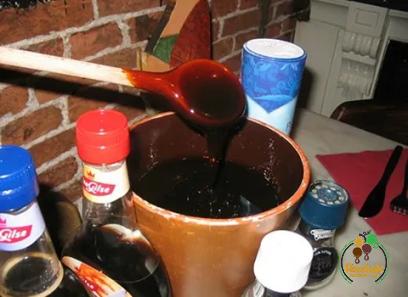

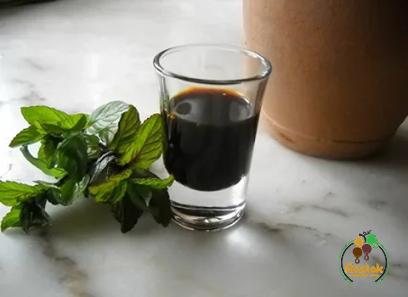
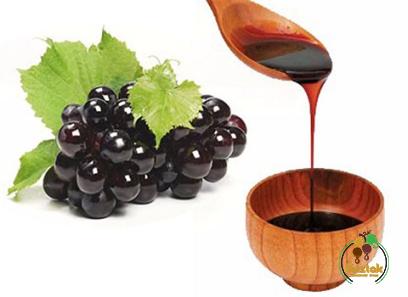

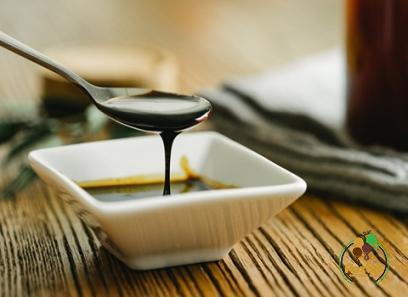
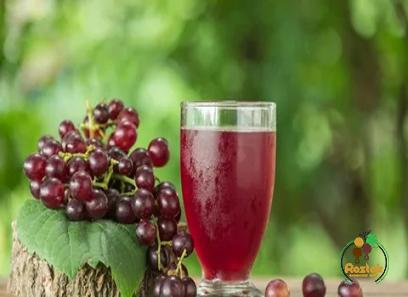
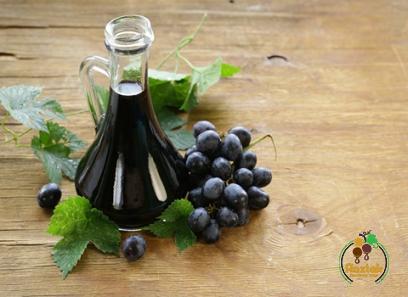

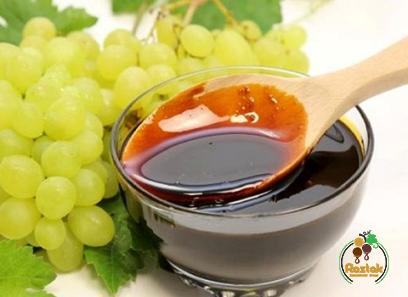
Your comment submitted.